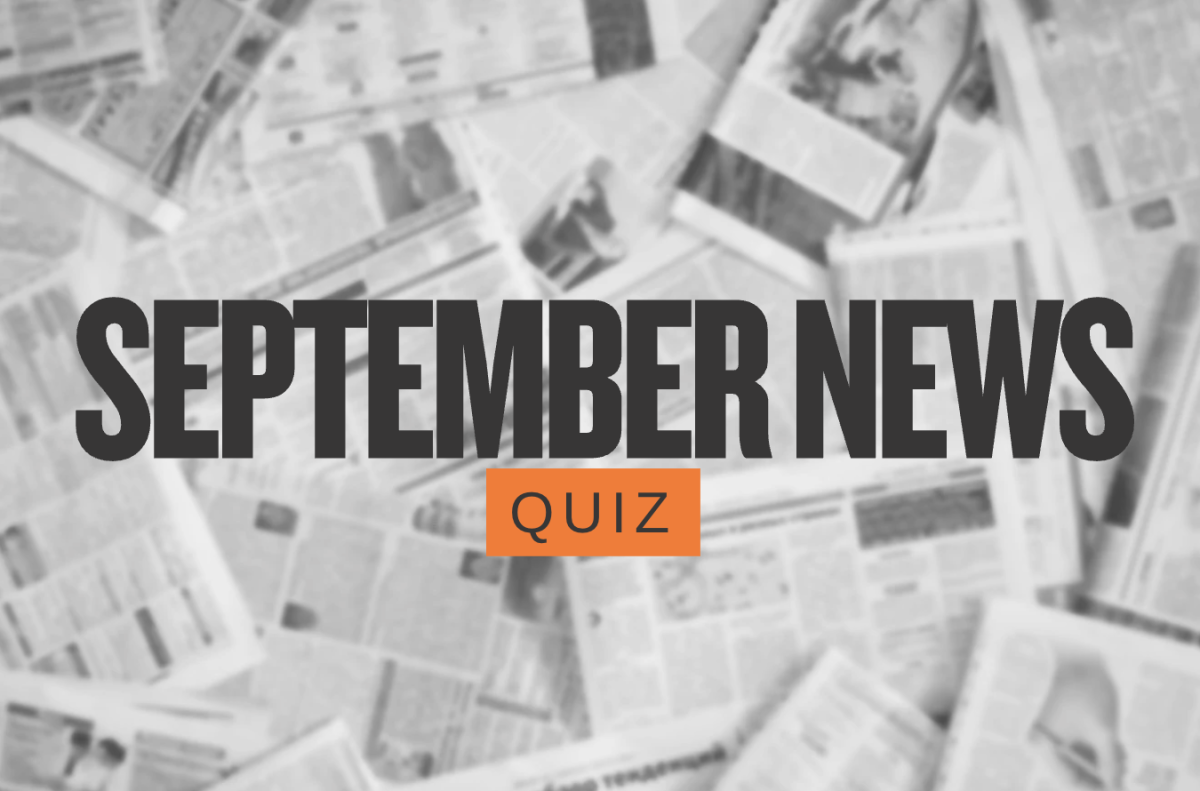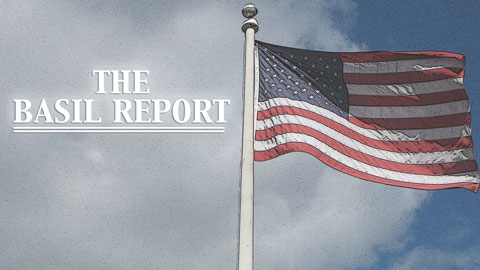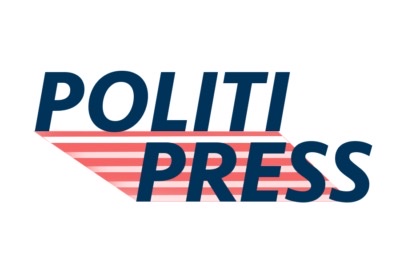Last week I wrote about how the Obama administration’s foreign policy is failing in its treatment of our allies. Because of domestic pressures, bilateral relations with several key countries are hurting.
On the other hand, the president’s foreign policy has been very successful regarding the treatment of our enemies. The policy of engagement has been thriving.
It’s important to remember what a change this policy is. Under the previous administration, countries that were hostile to American interests were isolated. Instead of trying to resolve our differences with hostile countries, the Bush foreign policy team would ignore them, hoping that these countries would desire American diplomatic recognition so badly that they would cave in to our demands.
Needless to say, it didn’t work very well.
Iran is a prime example. 30 years of diplomatic isolation have done nothing to moderate the regime; the six years that the Bush administration refused to negotiate with Tehran over its nuclear program did nothing to slow the program.
The recent engagement that Obama has attempted has been more successful, especially at creating fissures within the regime. Furthermore, it has shown the rest of the world that the United States is serious about exhausting all peaceful solutions to the Iranian nuclear problem. (Success, however, has been limited, because of domestic pressures on the Iranian theocracy – i.e. the Green Movement protests.)
Engagement with Iranian-ally Syria has borne fruit as well. Syria has shown willingness to sever links with Tehran after the President nominated an ambassador to the country for the first time in years.
[adrotate group = “2”]
Simply being nicer has also done much to improve relations with some countries, and at no cost. At the Summit of the Americas last year, the President exchanged a friendly handshake with Venezuelan far-left president Hugo Chavez, whose relations with the US had previously been frosty. While former Vice President Dick Cheney might argue that the handshake could make foreign countries “think they’re dealing with a weak president”, Venezuela is the fifth-largest supplier of crude oil to the United States; the healthier that relationship, the better.
Engagement with Russia has been the most successful. Our relationship with Russia had been sailing in choppy waters at the end of the Bush presidency: Russia had just invaded US-ally Georgia, and the US was setting up anti-missile batteries in countries Moscow considers within its sphere of influence.
These missile shields – the technology of which is highly questionable, not to mention expensive – were meant to deter an Iranian attack on Europe, as if that was likely. Obama and his administration quietly announced the cancellation of the plans early on in his presidency after making it known that he and Secretary of State Hillary Clinton wished to press the metaphorical “reset button” with Russia.
Russia showed its gratitude after the cancellation of these geopolitically-insignificant installations. Firstly, it said it would allow NATO to ferry supplies and equipment through its airspace to Afghanistan. This is a vital new route that comes right as coalition forces are gearing up for the Afghan surge. Secondly, Russia, unlike in previous years, has signaled that it would support further sanctions against Iran for its nuclear intransigence. This is a significant accomplishment, for the Iranian nuclear program is likely the most important strategic issue that the Obama administration is dealing with.
Karl Rove calls this strategy of engagement an “international confession tour” led by “a superstar, not a statesman.” Call it whatever you want, but it still gets results.

![During the WHS club fair, senior Molly Bergeron is watching a student sign up for her club, Eliza J. Norton Foundation. In this club, students meet every week and come up with ideas to spread the message. "[This club] really touches a lot of people in the town," Bergeron said.](https://waylandstudentpress.com/wp-content/uploads/2025/10/IMG_1335-1200x800.jpg)






























